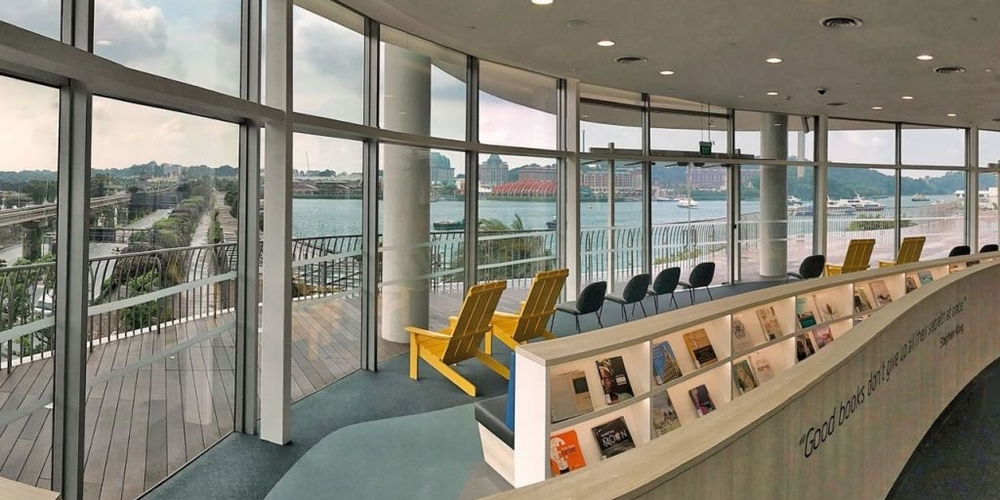Deputy Prime Minister Heng Swee Keat was interviewed by Swiss newspaper, Neue Zürcher Zeitung (NZZ), last Fri (17 May).
During the interview, Heng who is also the finance minister, was asked many pointed questions by the Swiss newspaper. He was asked about the one-party regime in Singapore, despite Singapore having elections.
“Would not the time be ripe for more democracy and more political competition?” NZZ asked.
Heng maintained that Singapore has free and fair elections. He said numerous parties participated in the last election and in 2011 five Members of Parliament from the People’s Action Party lost their seats.
“Is this democracy? I think so. Do we respect them (results)? Yes. The fact that our ruling party has won over and over again has nothing to do with repression (‘hat nichts mit Repression zu tun’) but with the fact that we kept what we promised. And because we won the confidence of the Singaporeans,” he said.
NZZ then asked if he thinks Singapore is better off with a one-party regime, how he would prevent the usually associated nepotism that comes with such a regime.
Heng replied that it is important to have decisive governance and leadership.
“For example, we have our sovereign funds Temasek and GIC. Not once did I intervene as Minister of Finance in their investment decisions. Because if I did, I would not be able to hold them responsible for their performance,” he said.
“Under the Constitution, as Finance Minister, I am responsible to Parliament and I, in turn, must hold the leadership of the sovereign wealth fund accountable. We have very strict rules against nepotism, very strong anti-corruption rules.”
When asked about the biggest challenges for Singapore he currently sees, he said that the greatest challenge is to create and maintain a sense of “unity and togetherness” in the midst of the great changes taking place around the world.
He said that PAP has a “constructive policy” over the past 50 years.
“Will we continue to have this in the future? Will we still be able to reach a good consensus on the key issues that we as a society have to tackle together? Are we ready to continue making decisions that are difficult in the short term but necessary in the long term? It’s about governance. If we succeed and we have a sense of unity in the people, then we will remain strong,” he said.
In other words, would Singaporeans continue to vote for PAP with PAP dishing out “difficult” policies like importation of “foreign talents” or the increase of GST to 9%? Heng, of course, wants Singaporeans to continue to get behind him and his party no matter what – a sense of “unity in the people” to “remain strong”, in his reply to NZZ.
However, at the end of the interview, he did concede that if his party does not do a good job and the Singaporeans think it is time to change the situation, then the PAP will fall out and a more competent party will come. “And we hope that it will advance Singapore,” he said.





